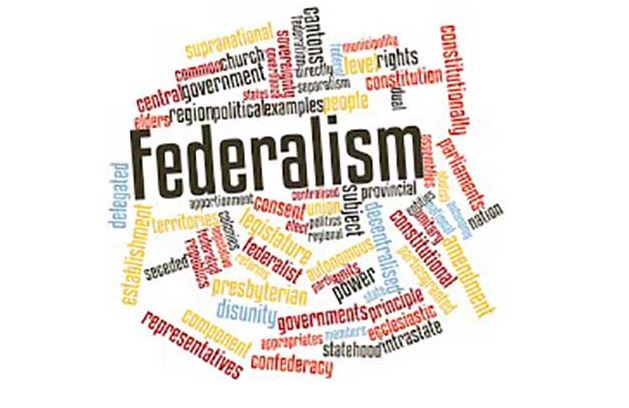The Delhi MCA Act – Changes issued and associated concerns

From Current Affairs Notes for UPSC » Editorials & In-depths » This topic
IAS EXPRESS Vs UPSC Prelims 2024: 85+ questions reflected
Context: Recently, both Houses of Parliament passed the Delhi Municipal Corporation (Amendment) Act, 2022.

The Trifurcation of the Delhi Municipal Corporation
- The Delhi Municipal Corporation was split into three regions, i.e., east, south and north, in 2011 after much deliberation and discussion at various levels.
- The split-up was first proposed in the 1987 Balakrishnan Committee Report which was bolstered in the 2001 Virendra Prakash Committee Report.
- A seven-member Delhi Legislative Assembly Panel was set up in 2001 to study the recommendations and suggest modalities.
- Since the recommendations had to be processed by the Central government, another committee was constituted under the chairmanship of Ashok Pradhan to study the issue.
- The proposal finally took shape in 2011 and the law to trifurcate was enacted.
What are the changes introduced by the Delhi Municipal Corporation (Amendment) Act, 2022?
Power be vested in the Central government:
- The law provides that the power to determine the number of wards, the extent of each ward, reservation of seats, number of seats of the Corporation, etc. will now be vested in the Central government.
The number of seats of councillors:
- The number of seats of councillors in the Municipal Corporations of Delhi is also to be decided now by the Central government.
- By exercising that very power, the number of councillors to the Municipal Corporations of Delhi has been reduced from 272 to 250.
Taken over powers from the State:
- The Central government has also taken over powers from the State to decide on matters such as ‘salary and allowances, leave of absence of the Commissioner, the sanctioning of consolidation of loans by a corporation, and sanctioning suits for compensation against the Commissioner for the loss or waste or misapplication of municipal fund or property.
What are the concerns associated with the amendment?
No consultation:
- The large-scale changes by the Central government have been done without any consultation with the Delhi government.
Specific VS General law:
- The Central government’s line is that the amendment has been passed as in Article 239AA of the Constitution, which is a provision that provides for special status to Delhi.
- The argument of the Centre that Article 239AA can be applied over and above Part IXA of the Constitution does not hold good as the latter is a specific law that will override the general law relatable to Article 239AA.
Goes against the idea of federalism:
- In the state of NCT of Delhi vs Union of India judgment, the Supreme Court held, “The Constitution has mandated a federal balance wherein independence of a certain required degree is assured to the State Governments.”
- It was made clear that the aid and the advice of the State government of Delhi would bind the decision of the Lieutenant General in matters where the State government has the power to legislate.
- No doubt, the amendment to the Delhi Municipal Corporation Act, 1957 will lead to further litigation on the aspect of a sharing of powers between the State of NCT of Delhi and the Central government.
Key Takeaway:
- The interference of the Centre in matters such as municipal issues strikes a blow against federalism and the celebrated Indian model of decentralization.
Practice Question for Mains
- Discuss how the Delhi MCA Act denudes the spirit of federalism. (250 Words, 15 Marks)
If you like this post, please share your feedback in the comments section below so that we will upload more posts like this.

